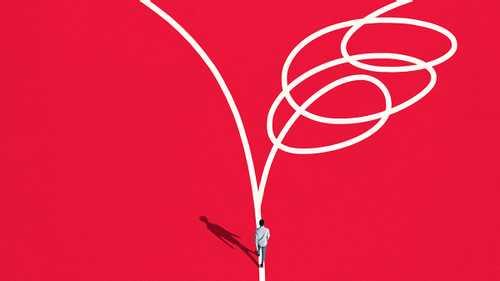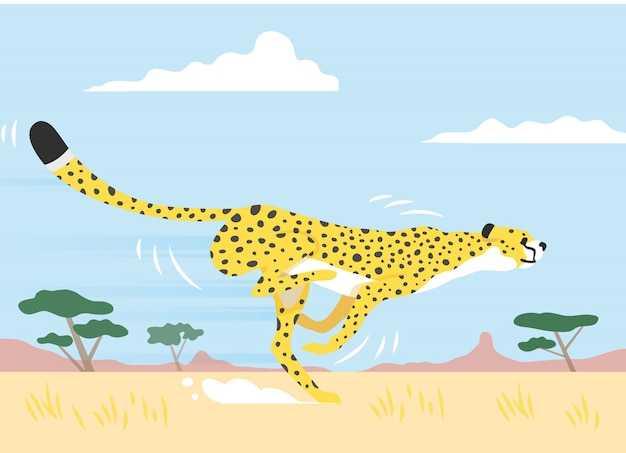Explore the World's Best Ideas
Join today and uncover 100+ curated journeys from 50+ topics. Unlock access to our mobile app with extensive features.
1. I like to be efficient.
So many of us think efficiency means jumping right in and making a decision. But to be truly effective, we need to be clear on what we are solving for. Rushing can lead you to make a decision based on the wrong factors, which ultimately will lead to regret.
10
167 reads
2. I’m too busy; I don’t have time to give to this decision.
Putting off a decision is a decision in and of itself. However, intentionally slowing down to get clear on what you’re solving will speed up your efficacy. You’ll save time later by spending quality time now to avoid having to revisit the decision.
9
71 reads
3. I just need to solve this problem at this moment.
This is the classic example of “losing the forest for the trees.” Our problems sit in a context. A narrow focus may solve the wrong problem, or only partially solve the problem. If your car breaks down unexpectedly and you rush out to buy a new one, are you considering your needs beyond the present?
9
61 reads
4. This is my decision alone; I don’t need to involve others.
Our important decisions do involve other stakeholders. Avoiding this bigger picture of who else is affected by a decision can, at best, only partially solve the problem, and may exacerbate it.
10
57 reads
5. I know I’m right; I just want data or an opinion to confirm my own thinking.
To better understand and define the limitations of what you think you know, look for contrary examples and evaluate rival explanations. These techniques can prevent “frame blindness” to keep you from seeing what you want to see rather than what may be present.
10
46 reads
6. I trust my gut.
It’s great to rely on your instincts when picking breakfast cereal. But for larger, high-stakes decisions, when we rely on our gut, we are relying upon bias and faulty memory. Important decisions benefit from prying open cognitive space to allow for new information and insight.
8
38 reads
7. Decision-making is linear.
In fact, good decision-making is circular; it needs a feedback loop as we gather information and analyze it and our thinking. At times we need to go back to find the information we’ve glossed over or to gather new information or conduct a different kind of analysis.
8
42 reads
8. I can pull my ideas together well in my head.
When we try to keep all of our smaller decisions in our minds, we end up relying on faulty memory and a distracted mind. Our emotions can also get in the way, leading to biased thinking. Keeping a record is an important part of thinking and analysis; both Albert Einstein and Leonardo da Vinci kept notebooks. We may never be as brilliant or creative as either of these great thinkers, but we can take a page from their notebooks and write things down to create a record of our thinking and our work.
10
29 reads
9. I have all the information I need.
While we may want to forge ahead, we can improve our decisions — and our satisfaction — by investing in a little bit of research and confronting assumptions with evidence. Your best friend might love her car, but that doesn’t mean it’s the car for you, particularly if it won’t fit your daughter’s hockey equipment.
7
28 reads
10. I can make a rational decision.
Psychologists far and wide, such as Amos Tversky and Daniel Kahneman, have demonstrated that as much as we’d like to believe it, none of us are rational. We all operate through a dirty windshield of bias based on past experiences and feelings.
You might think you won’t get taken in by a car dealer, but they are professional salespeople who know how to evoke an emotional response.
9
31 reads
11. There’s just one way to do this.
Whether it’s how the bed should be made, which diet to follow, or how to divide up your retirement account, there’s always more than one way to get to “yes.” We’ve been conditioned out of listening to other voices, siloed in our information, environment, and social (media) circles. But getting outside your routines and patterns leads you to see things differently.
9
21 reads
The core problem
Underlying these myths are three common and popular ideas that don’t serve us well:
First, as busy people, we don’t need to invest time to make good decisions.
Second, we are rational human beings, able to thoughtfully solve thorny and high-stakes problems in our heads.
Third, decision-making is personal and doesn’t need to involve anyone else.
All three of these assumptions are false and problematic for clear thinking and analysis.
12
32 reads
The Cheetah pause 🐆
A cheetah’s prodigious hunting skill is not due to its speed. Rather, it’s the animal’s ability to decelerate quickly that makes it a fearsome hunter.
In decision-making, too, quality thinking benefits from periods of thoughtful deceleration. These calculated pauses empower you to check and challenge your biases, consolidate your knowledge, include others, and enable you to decide whether to pivot and move in a new direction or stay the course before accelerating again.
8
52 reads
IDEAS CURATED BY
I teach Thinking and Deciding in Business for multiple schools in Romania and abroad. On top of that, I am an angel investor, a trainer and I run marathons, often dressed as Mickey Mouse.
Radu Atanasiu's ideas are part of this journey:
Learn more about personaldevelopment with this collection
How to set achievable goals
How to prioritize self-care
How to create healthy habits
Related collections
Similar ideas
11 ideas
7 ideas
Effective Decision Making | SkillsYouNeed
skillsyouneed.com
8 ideas
Remove Biases From Your Decision-Making Process
entrepreneur.com
Read & Learn
20x Faster
without
deepstash
with
deepstash
with
deepstash
Personalized microlearning
—
100+ Learning Journeys
—
Access to 200,000+ ideas
—
Access to the mobile app
—
Unlimited idea saving
—
—
Unlimited history
—
—
Unlimited listening to ideas
—
—
Downloading & offline access
—
—
Supercharge your mind with one idea per day
Enter your email and spend 1 minute every day to learn something new.
I agree to receive email updates

